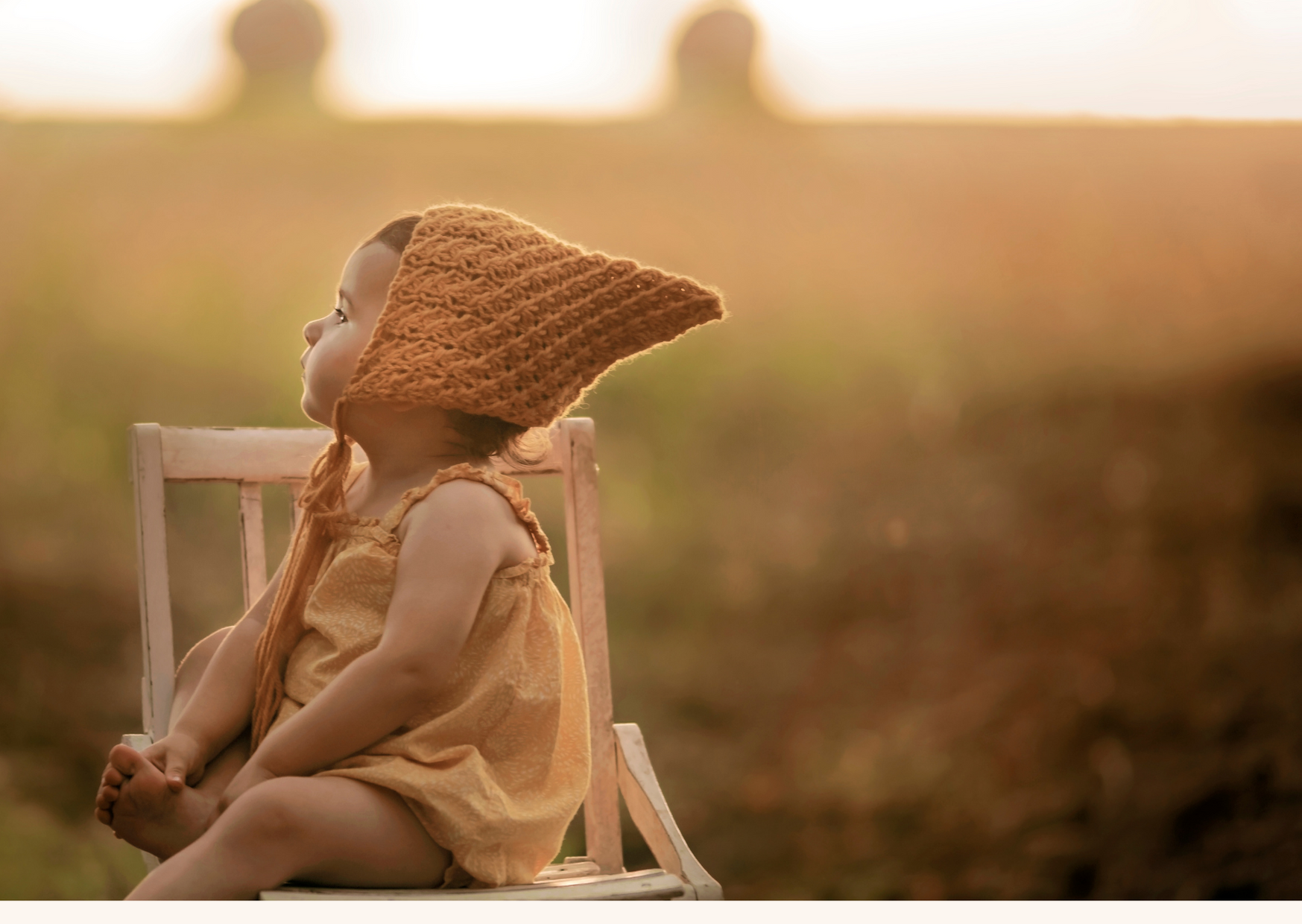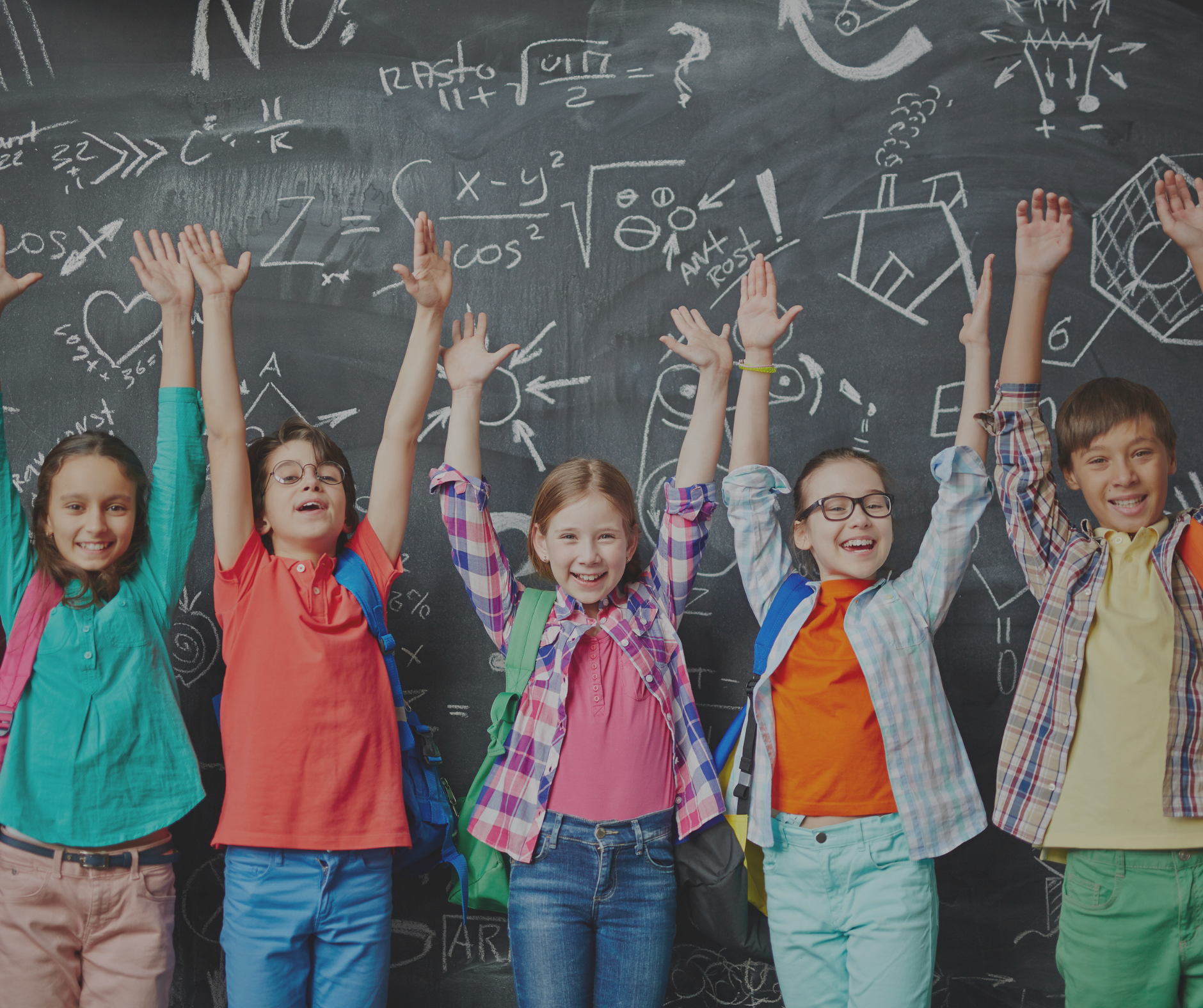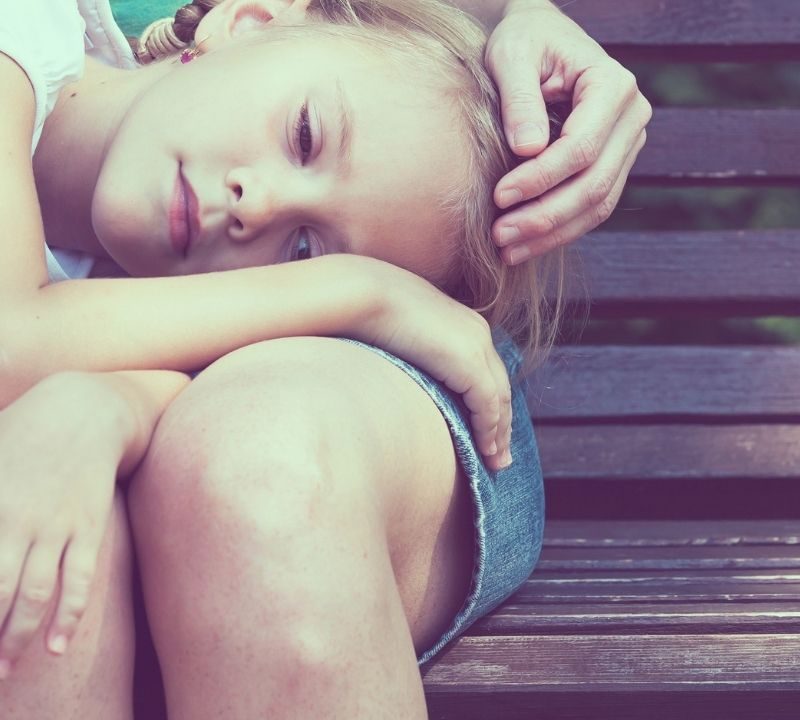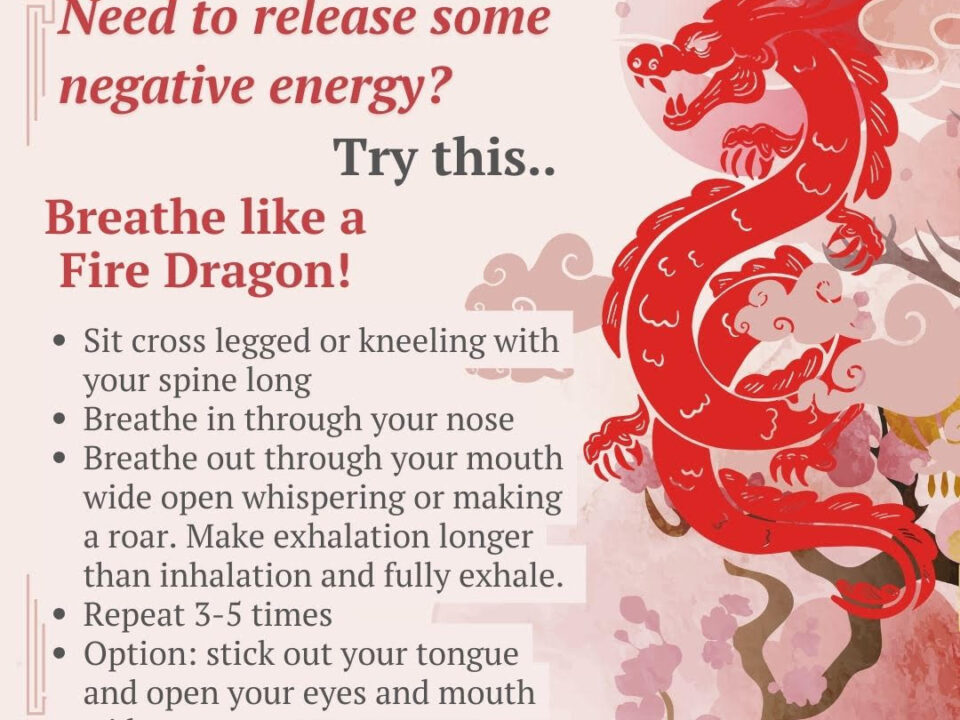
Feeling COVID tired? Our kids are too.
25/09/2020
Parenting Tips for School Transitioning and Separation Anxiety
25/01/2021“To know who you truly are!” was the advice given to my Year 12 daughter by a very wise mentor as she left school to prepare for the HSC which starts this week.
These words are a timely reminder of what truly matters, especially in times of a pandemic. If Covid 19 has taught us one thing, it is that rankings and ATAR’S are irrelevant. The winners during this pandemic are those people who are resilient, adaptable, giving and creative thinkers who possess grit. Not people with a double-digit.
Our society tends to be over-reliant on marks and outcomes, anything that can be measured in statistics much at the expense of what truly matters – that of being truly human. Of being reflective, compassionate, courageous, confident, authentic, socially intelligent, respectful, resilient and flexible.
What schools, parents and our society should focus on most – and some do it brilliantly – is to produce well rounded, mentally healthy students with diverse interests and sound emotional intelligence instead of self-absorbed, entitled, academically tutored students who cannot cope with life’s challenges and uncertainties.
To know who we truly are can often take a lifetime and is a sum of our life experiences, our failings and gains. Yet, education can play a valuable part in giving our students a healthy headstart into their uncertain future.
Children as young as pre-schoolers are capable of learning about their unique character strengths, talents, interests and emotional intelligence. These qualities are necessary for helping them build confidence, maintain good mental health, motivate them and find their spark – to thrive.
The last year of school provides such a valuable platform to really help our students to determine what type of contributions they want to make to our society and how to align their interests, capabilities and dreams with the diverse educational opportunities on offer.
Instead, the final year with its sole focus on academic performance becomes a year fuelled with pressure and heightened anxiety that is often at the detriment of students’ mental health and family relationships. Due to the time pressure, students often abandon their hobbies, part-time jobs, volunteering positions and all those activities that help them to remain balanced and well-rounded. Yet, it is through those experiences that they learn more about themselves.
The children of today will have more than six careers over their lifespan. Employers are looking for creative and diverse thinkers that are adaptable, pragmatic and resilient.
Barry Barish, the Nobel Prize Winner for Physics in 2017, was clearly ahead of his time. He picked his research team on diversity, not just on academic outcomes.
Clearly, this year with all its challenges and uncertainties reminds us that we need to have a more holistic education system that empowers all young people to find their way from school to a productive, purpose-filled and thriving adulthood. A system where our children are valued for who they are and not being defined by the final mark they produce.




